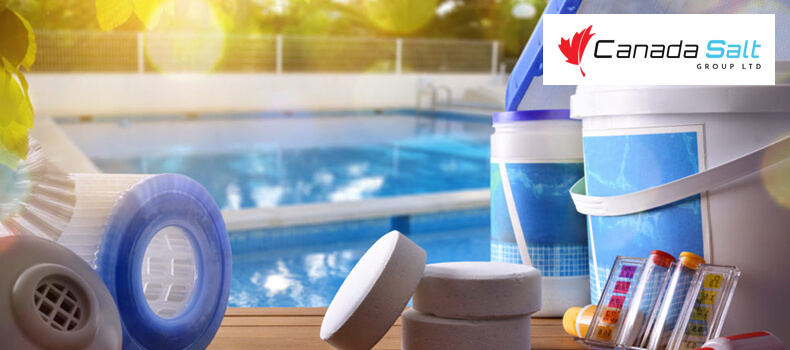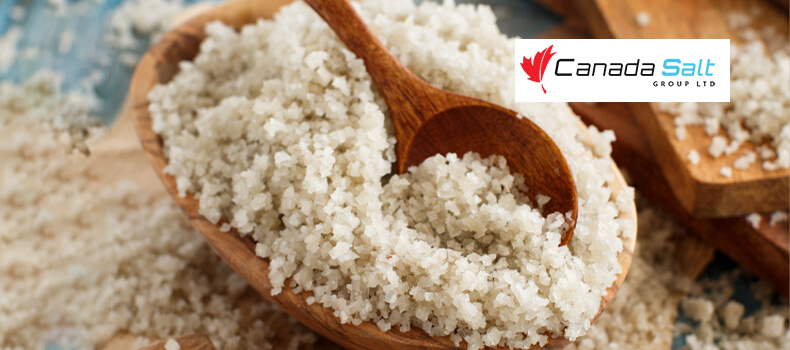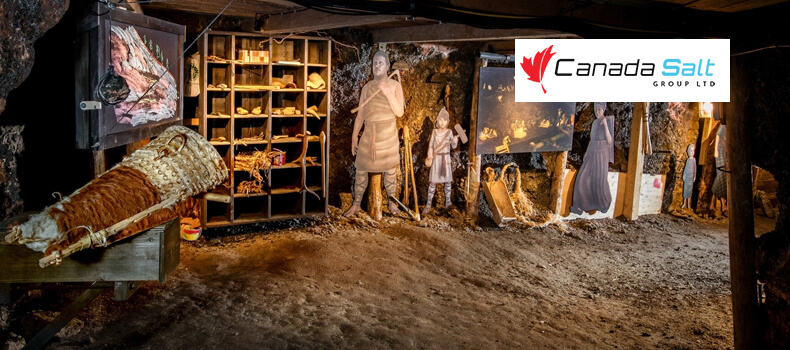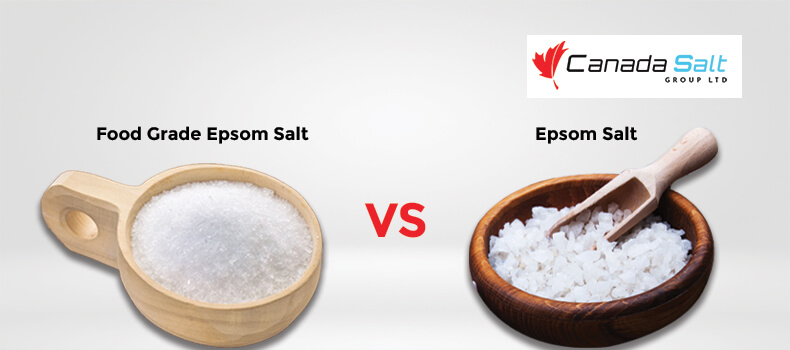What Are Pool Chemicals?
Having a pool in your backyard is beautiful and adds value to your home, but balancing the water in the pool is very important. It would be a better idea to fill the pool with water, forget it, and never worry about algae or other harmful bacteria growing in water. But that is not the case; water in pools tends to grow algae which cause various skin allergies and diseases for the swimmers. Some special chemicals are needed to maintain the balance and pH of water. Read on to know about the pool chemicals needed for maintaining poolwater.
What Does Balanced Pool Look Like?
Regular testing is the key to maintain poolwater. One can often know if the water is balanced or not just by smell or feel or look. The poolwater should be clean, silky, and should not have a strong smell of chlorine. There are simple kits available to test the pH or salinity of water, and it is very easy to conduct the test.
To ensure that the water of your pool is balanced, the pH should be between 7.2 to 7.8, and the alkalinity level should be from 80 to 120 ppm. In addition to these, the calcium hardness should always be between 200 to 400 ppm, and free chlorine should be 1 to 3 ppm.
Pool Chemicals: The Key To Clean Pool
Even after filling your pool with fresh water, vacuum it daily, and skim it, the water would get dirty due to the debris or leaves that fall in the pool. Birds and bugs might also make the water dirty by taking a dip in the pool. Every person who swims in the pools leaves behind dead skin cells, body oils, soap, and shampoo used and naturally, water gets contaminated by these pollutants. The best option to keep the water clean is to use pool chemicals. Here is the list of pool chemicals that can be used for keeping pool water safe and clean.
1. Sanitizers
Regardless of the type of sanitizer you use, the sanitizer’s job is to kill the bacteria or virus present in poolwater. Sanitized water is always free from algae, bacteria, viruses, and other nasty things that might grow in untreated water.
2. Chlorine
According to American Chemistry Council, chlorine is one of the best and common chemicals used to sanitize a pool. Chlorine is regarded as a strong oxidizer and effective algaecide, which helps keep your pool safe and clean for children and family members.
For chlorine to be effective, it should be added regularly to maintain the levels between 1 to 3 ppm in the poolwater. There are automated systems available that transform salt crystals into chlorine and dispense them into pool water regularly to maintain the pH.
3. Bromine
Bromine is less effective but at the same time more stable than chlorine. Bromine is mostly used in situations where the conditions are very hot. One of the disadvantages of this chemical is that it does not last much longer when exposed to sunlight’s UV rays.
4. Algaecides
Algaecides are particular pool chemicals used for adding an extra level of protection against algae that grow in swimming pools. Some of the common algaecides used for pools are
- Quaternary Ammonia: This is the most effective chemical for controlling algae growth and is mostly available in liquid concentration. Always be sure to use the right concentrations as overdose can cause foam in the pool leading to agitation in swimmers
- Polyquats: These chemicals are used to stubborn or stop the growth of algae. Generally found in 50 to 60% concentrations and better at killing algae and bacteria.
- Borates: Stops the growth of algae effectively as the chemical can process Carbon dioxide. Borates also act as sanitizers and improve the clarity of the water.
5. Oxidizers
Oxidizers are also known as sanitizers and can be used every week for killing algae and bacteria. There are chlorine and non-chlorine-based oxidizers that can be used for your pool. Oxidizers, also called shock treatment chemicals, are to be used based on the type of water in the pool because the use of shockers increases the chlorine levels in the water. Some of the most used oxidizers are
- Sodium Di-Chlor
- Calcium Hypochlorite
- Lithium Hypochlorite
- Sodium Hypochlorite
6. Cyanuric Acid
Even though chlorine is the most used chemical, it does not stick with water when exposed to sunlight or extreme heat. So you need to use stabilizers that help to maintain the chlorine levels in the pool. Cyanuric acid is an effective pool stabilizer, that helps to keep more chlorine. Many chlorine tablets have Cyanuric acid, and it is essential to avoid overdosage as it might be harmful to your pool and water.
Special Chemicals
Some special chemicals are used to handle unexpected problems that arise and keep your pool safe and clean.
- Metal Magnets: Agents used to trace metals from the water and keep the pool free from stains
- Stain Removers: Some special chemicals are available to remove stains or scalings that are formed due to colored water and other contaminations.
- Filter Cleaners: Used to clean filter sand or other dust that might accumulate in water filters and cartridges.
- Phosphate Removals: Phosphate is the primary food for algae, and some chemicals can be used for removing phosphate present in water.
Where To Buy Pool Chemicals?
Just using pool chemicals is not enough to keep your pool clean. The algae present in the pool should be removed or cleaned regularly so that the chemicals used will work more efficiently. You should pick the right treated salt for cleaning and maintaining your pool. Canada Salt Group Ltd is the supplier of pure treated salt used for pools. Contact us for a free estimate.





